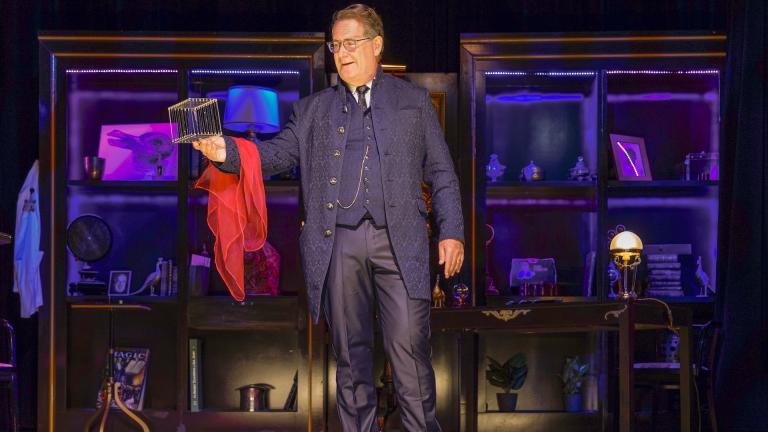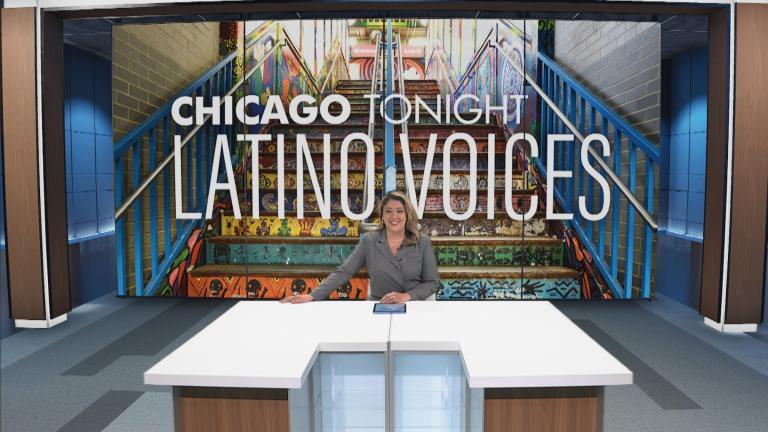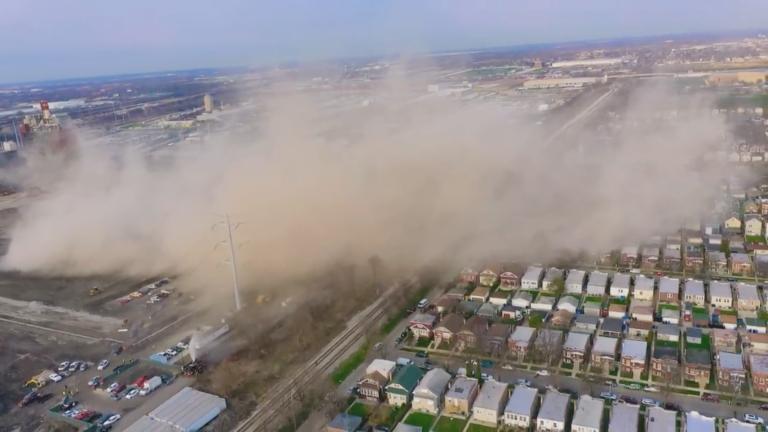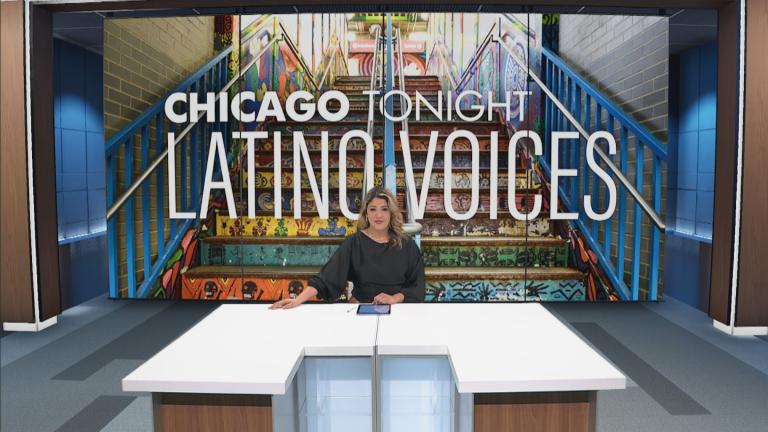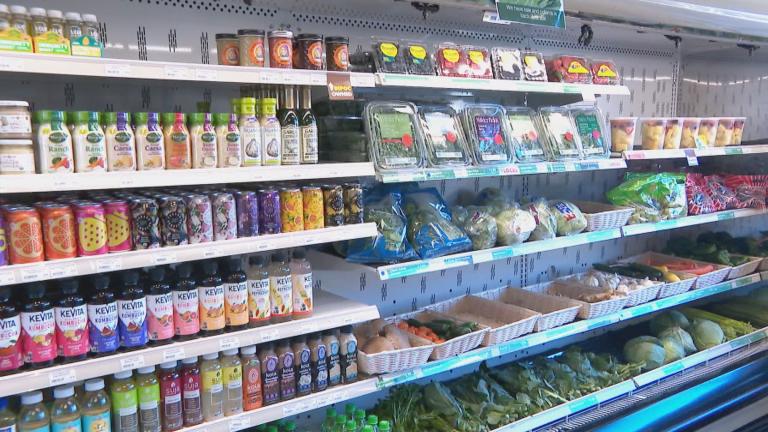To CVS pharmacist Cristobal Alvarez, pharmacists are more than people who dispense your prescriptions. They’re health care’s most accessible ambassadors.
“If you have a question and it’s during the day, you can walk into a pharmacy and ask to speak with the pharmacist, you can’t really walk into a doctor’s office and ask to speak with a nurse or speak with a doctor,” Alvarez said. “We can explain and speak with them in ways that maybe a doctor at a clinic might not have the time to.”
At the 63rd and Pulaski CVS where Alvarez is a part of the pharmacy team, a steady stream of patients come to the pharmacy counter all day, from open to close.
“I try to get here a little early because this is a very busy store. Prescriptions start rolling in either online or on the phone,” said CVS pharmacist Cristobal Alvarez. “My team here is fantastic. Most of them are also Spanish speakers. They’ll fill 600 plus prescriptions a day. I will work with them to fill the prescriptions, verify the prescriptions and then serve our patients when they come here … I hear often, especially when [patients] come in and they start trying to speak with us and they hear that we can speak Spanish with them, relief,” Alvarez said.
Alvarez says his path to the pharmacy began as a child when he was often called upon to act as a translator between Spanish-speaking family members and English-speaking health care professionals.
“My grandma for example — diabetic — not a word that she could share with the doctor. So it was my job even as a child to try to translate that,” he said.
And in communities like West Lawn, Alvarez says communicating with health care providers often means speaking not only the same language, but also the same culture.
“I see a lot of Mexican Americans who are recent immigrants, who could really use that support to kind of help them navigate, you know, how do I buy a prescription? In Mexico, you feel like you’re getting a cough, you walk to a pharmacy and ask for an antibiotic, they hand it to you and you can’t do that here,” Alvarez said. “Not too long ago we had someone that happened with like an anti-seizure medication. In the United States, they can’t come in and just grab a seizure medication off the back of the shelf.”
CVS Health senior clinical solutions medical director Dr. Stephanie Whyte says Alvarez’s experiences behind the counter reflect the findings in the drugstore giant’s 2022 Health Care Insights Study.
“If we look at how communities of color responded, among our non-white Chicagoans when they’re selecting their most trusted healthcare providers, 31% select providers who understand and relate to their culture. 39% were selecting providers who understand their lifestyle and environmental factors that impact their health,” Whyte said. “And when it pertains to things like routine care for illnesses or injuries, more than a quarter of our non-white Chicago respondents rely on their local pharmacies — more than twice that of white respondents.”
Alvarez says even when they can’t be of direct help, the pharmacy team tries to be a resource for their patients.
“If someone comes in here with an open wound, I’m not going to be able to stitch him up but I can tell him, ‘hey, that needs medical attention, I need you to go to the doctor’s office right now, we’ll have to find you a clinic,’” he said.
And when it comes to health care conversations, a strong dose of trust is often just what the doctor ordered.
“Medicine and medications and disease are complicated. It’s why it’s so important to be able to speak with people in a way that they’re comfortable with, you know, that culturally affirming healthcare is so vital.”
CVS is offering free community health events throughout the Chicago area over the coming weeks.

